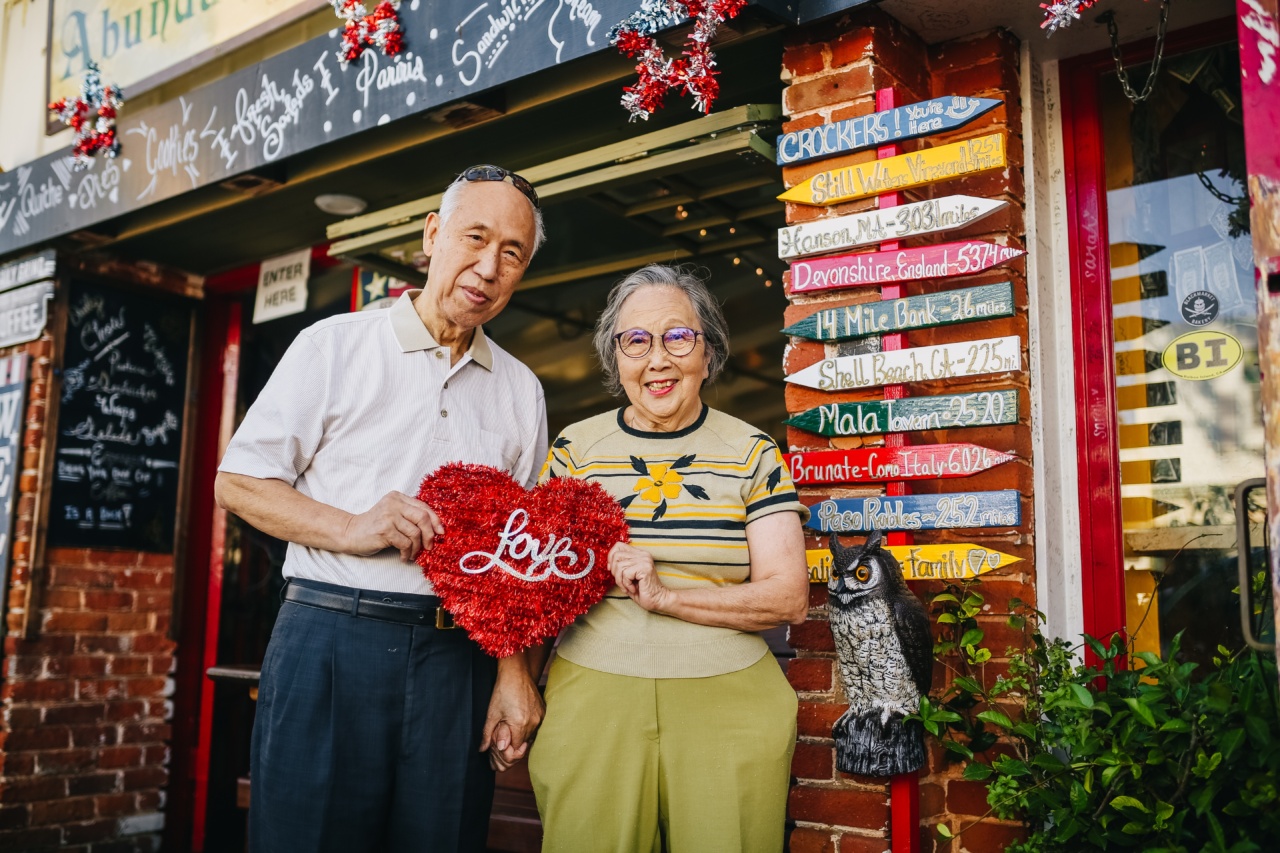As people age, their body systems change and often require different medical attention and care. The cardiovascular system is no different, and in elderly people, it is not uncommon for heart pulses to cause concern.
Understanding what heart pulses are, what they signify, and when they may be a cause for concern can help elderly people and caregivers take the necessary steps to maintain optimal health.
What Are Heart Pulses?
The pulse, also known as the heart rate, is the number of times the heart beats per minute. It is the measurement of the heart’s rhythm and strength and is an essential indicator of cardiovascular health.
A person’s pulse can be felt in various parts of the body, including the neck, wrist, groin, and behind the knee. The most common location for taking a pulse is on the wrist or neck.
The pulse is measured in beats per minute (BPM). A resting heart rate for an adult is considered normal when it falls between 60 and 100 BPM. However, some athletes and very fit individuals can have a resting heart rate as low as 40 BPM.
What Causes Heart Pulses to Change in the Elderly?
There are a few factors that can cause heart pulses to change in elderly people. Some of these factors include:.
- Changes in the body’s natural pacemaker
- Stiffening of the blood vessels
- Lack of physical activity
- Certain medications
- Medical conditions such as diabetes, high blood pressure, and heart disease
- Stress and anxiety
These factors can cause older people to experience increased or decreased heart rates or irregular heartbeats. It’s essential to pay attention to these changes in heart pulses, as they can be signs of underlying cardiovascular issues.
What Does a High Pulse Rate in the Elderly Mean?
A high pulse rate, or tachycardia, is defined as a resting heart rate in excess of 100 BPM. It can be a sign of various underlying conditions, including heart disease, high blood pressure, hyperthyroidism, and atherosclerosis.
Additionally, stress, anxiety, and a lack of physical activity can also cause tachycardia in elderly people.
If an elderly person has a high pulse rate, it’s essential to take their blood pressure, as this will help determine if there is an underlying cardiovascular issue.
Additionally, medication or lifestyle changes may be necessary to regulate the pulse rate and maintain cardiovascular health.
What Does a Low Pulse Rate in the Elderly Mean?
A low pulse rate, or bradycardia, is defined as a resting heart rate below 60 BPM.
In some cases, a low pulse rate can be a sign of excellent health, particularly in individuals who exercise frequently, have a healthy diet, and maintain an overall healthy lifestyle. However, a low pulse rate in elderly people can also indicate certain underlying conditions, including:.
- Hypothyroidism
- Sick sinus syndrome
- Heart block
- Medication side effects
- Infections
- Lack of oxygen
If an elderly person has a low pulse rate, it’s essential to speak with their healthcare provider to determine the underlying cause. Treatment will differ depending on the cause.
What Does an Irregular Pulse in the Elderly Mean?
Arrhythmias, or irregular heartbeats, are common in elderly people. They occur when the heart’s electrical impulses are not working correctly, causing the heart to beat too fast, too slow, or irregularly.
Arrhythmias can be harmless, or they can be life-threatening, depending on the severity and underlying cause. Some arrhythmias can cause symptoms such as dizziness, fainting, or shortness of breath.
Some of the possible underlying causes of an irregular pulse in elderly people include:.
- Heart disease
- Heart valve issues
- High blood pressure
- Hyperthyroidism or hypothyroidism
- Obstructive sleep apnea
- Anemia
If an elderly person has an irregular pulse, it’s essential to speak with their healthcare provider.
Tests, such as an electrocardiogram (ECG) or Holter monitor, may be necessary to diagnose the underlying cause and determine the appropriate treatment.
When Should an Elderly Person Seek Medical Attention for Their Heart Pulse?
It’s essential to seek medical attention if an elderly person experiences any of the following symptoms:.
- Chest pain or discomfort
- Shortness of breath
- Dizziness or lightheadedness
- Fainting or loss of consciousness
- Persistent fatigue or weakness
- Rapid or irregular heartbeat
These symptoms can indicate a serious underlying cardiovascular issue that requires immediate medical attention.
Additionally, it’s essential to seek medical attention if a person’s pulse rate falls outside of the normal range and persists for an extended period.
How Can Elderly People Maintain Optimal Cardiovascular Health?
There are several ways that elderly people can maintain optimal cardiovascular health, including:.
- Maintaining a healthy diet
- Staying physically active, within their abilities
- Getting plenty of rest
- Avoiding smoking and alcohol consumption
- Taking medications as prescribed
- Managing stress and anxiety
- Getting regular physical exams with their healthcare provider
Additionally, it’s essential to monitor pulse rate regularly to detect any changes or irregularities, as this can be an early indication of underlying cardiovascular issues.
Conclusion
The cardiovascular system is an essential aspect of overall health, and as people age, changes to heart pulses are not uncommon.
Understanding what heart pulses are, how they change in elderly people, and when to seek medical attention can help elderly individuals maintain optimal cardiovascular health. By making lifestyle changes and working closely with their healthcare provider, elderly people can maintain heart health through their golden years.





























